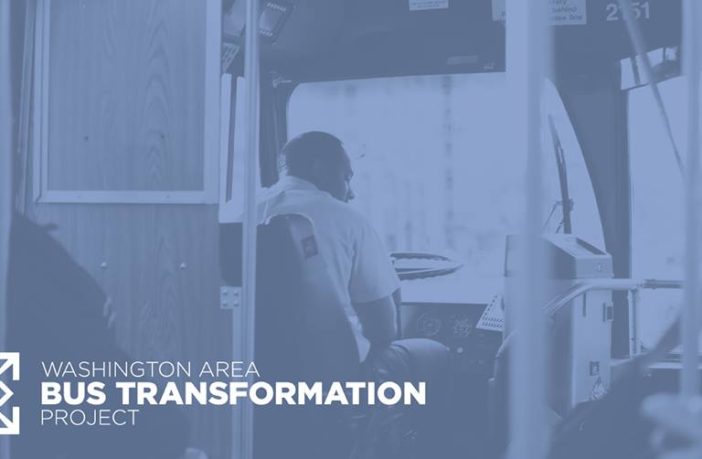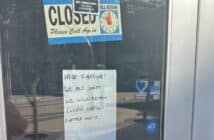
From the Coalition for Smarter Growth (CSG):
“We need to start right away on prioritizing buses,” said Cheryl Cort, Policy Director for CSG. “Our study with MetroHero of DC bus performance confirmed the concerns in the Bus Transformation Study – buses were moving slower and becoming less reliable, scoring a ‘D’ in our analysis. The recommended solutions in our companion report track closely with those in the Bus Transformation Study and the Greater Washington Partnership’s transit report.”
“The public is strongly supportive of better bus service,” said [CSG Executive Director Stewart] Schwartz, “The Bus Transformation surveys of over 8000 area residents and riders found that people overwhelming want to see dedicated bus lanes, more frequent service, free transfers from bus to rail, and more affordable fares.”
Based on the study and analysis, the committee identified four key recommendations to improve bus transportation and use in the city:
|
1 |
Frequent and Convenient Bus Service |
Provide frequent and convenient bus service that connects communities and promotes housing affordability, regional equity, and economic growth. |
|
2 |
Bus Priority on Roadways |
Give buses priority on roadways to move people quickly and reliably. |
|
3 |
Customer Experience |
Create an excellent customer experience to retain and increase ridership. |
|
4 |
Task Force to Implement the Strategy |
Empower a publicly appointed Task Force to transform bus and lead the implementation of a truly integrated regional system. |
The final Bus Transformation Study relied heavily on feedback and insight from stakeholders, riders, and the public as well as extensive research and analysis from experts. The overwhelming conclusion has been that the Washington region needs a more cohesive area-wide system that works with multiple modes of transportation. Or, as the team at NoVa Transitputs it, “Transforming buses means doing the basics better – fast, frequent, reliable, and affordable.”
“We urge elected officials, transit agency directors, and government staff to put the bus first! We strongly support priority bus lanes, more frequent and reliable service, a better customer experience, and more affordable fares for those who need it,” said Schwartz. “We also believe that route redesign studies incorporating both WMATA and local buses are essential to developing a network that provides more frequent, reliable service with higher ridership while not sacrificing the coverage for those most in need.”
Check out the Bus Transformation Project website hosts the Executive Summary, Full Report and supporting documents.




